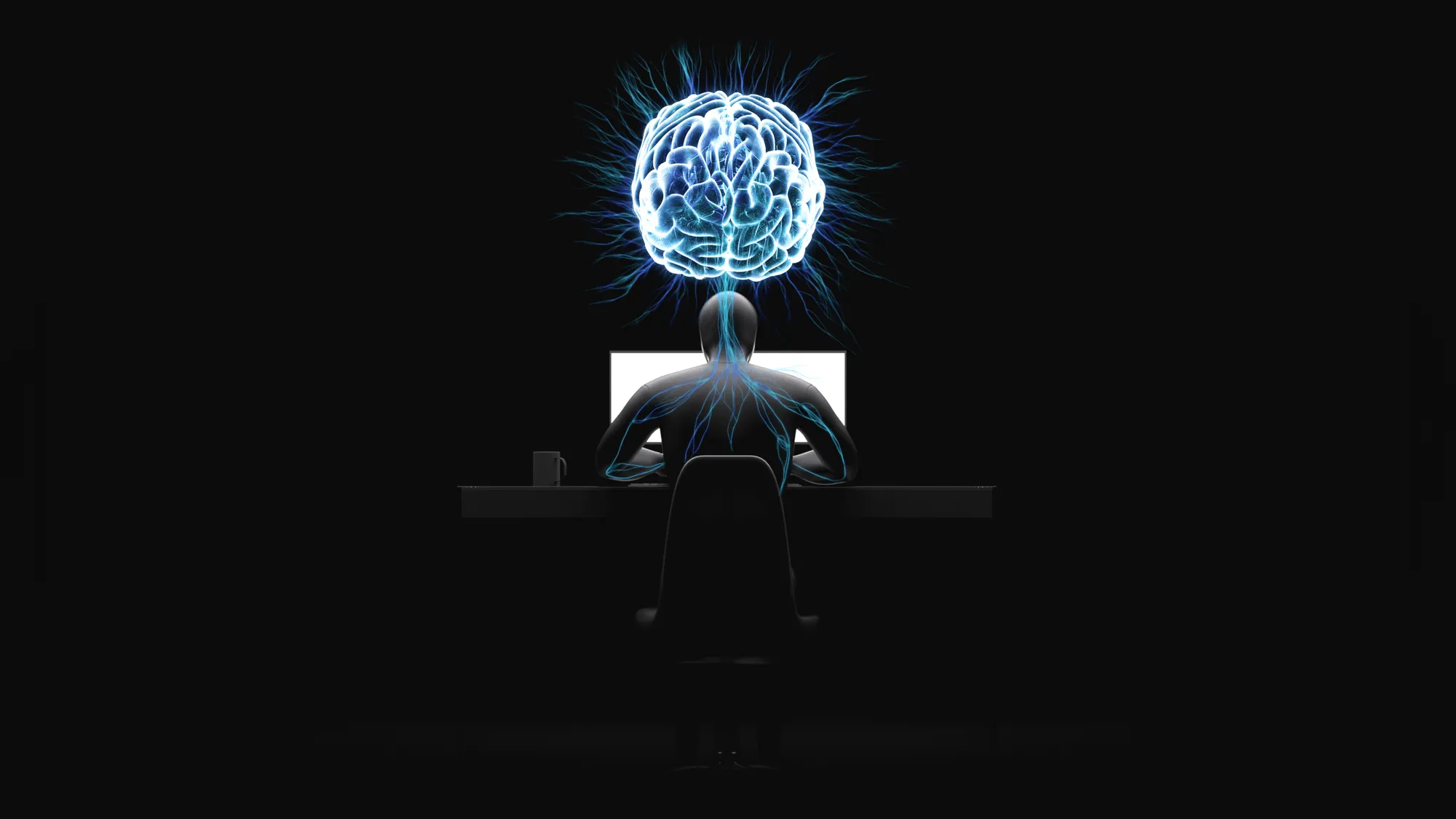
“When all you’ve got is a hammer, every problem looks like a nail.”
That’s one of Abraham Maslow's most famous sayings.
What he meant was, when it comes to problem-solving, we tend to get locked into using familiar tools in expected ways.
The technical term for this is the Law of the Instrument.
Give someone a hammer and, indeed, they’ll look for nails to pound.
But present them with a problem where they need to repurpose that same hammer as a doorstop, or a pendulum weight, or a tomahawk, and you’ll typically get blank stares.
We may be facing a similar situation when it comes to our minds.
At least as far back as the French Enlightenment and Descartes’s cogito ergo sum (I think, therefore, I am), we’ve relied on our rational selves—what psychologists call our “egos”—to run the whole show.
It’s a Maslow’s hammer kind of reaction. Every issue we encounter, we try to solve it by thinking.
It might be time to rethink all that thinking.
Rather than treating our psychology like the unquestioned operating system (or OS) of our entire lives, we can repurpose it to function more like a user interface (or UI)—that easy-to-use dashboard that sits atop all the other, more complex programs.
By treating the mind like a dashboard, by treating different states of consciousness like apps to be judiciously deployed, we can bypass a lot of psychological storytelling and get results faster and, often, with less frustration.
Instead of nervously waiting for a job interview and obsessing about all the things that could go wrong, we can take a page out of Amy Cuddy’s book and stand up, breathe deeply, and power-pose our way to lower cortisol, higher testosterone, and more confidence.
Instead of using trendy leadership books and a new mission statement to fire up employees, we can follow ESADE’s lead and use neurofeedback to heighten group coherence and prompt more productive strategy sessions.
But most of us, when challenged, will do none of these things.
We’ll think more, talk more, and stress more.
We’ll wait until after we feel better to go for that walk in the sun, rather than going for that walk-in order to feel better.
We’ll wait until after we get that job offer to pump our fists and stand tall, instead of the other way around.
That’s because, at first, reorienting from OS to UI can be disorienting.
If I can change the “wallpaper of my mind” by deliberately shifting my neurophysiology—my breathing, my posture, my brainwaves, or any number of other interventions—what good are all those stories I’ve been telling myself?
When we step beyond our conventional egos and experience the richness of altered states, it’s essential to upgrade our software.
Those monkey-suit personas we thought were us (until we suddenly realize they aren’t) don’t need to confine us or define us.
When we consistently see more of “what is really happening,” we can liberate ourselves from the limitations of our psychology.
We can put our egos to better use, using them to modulate our neurobiology and with it, our experience!



.jpeg)





